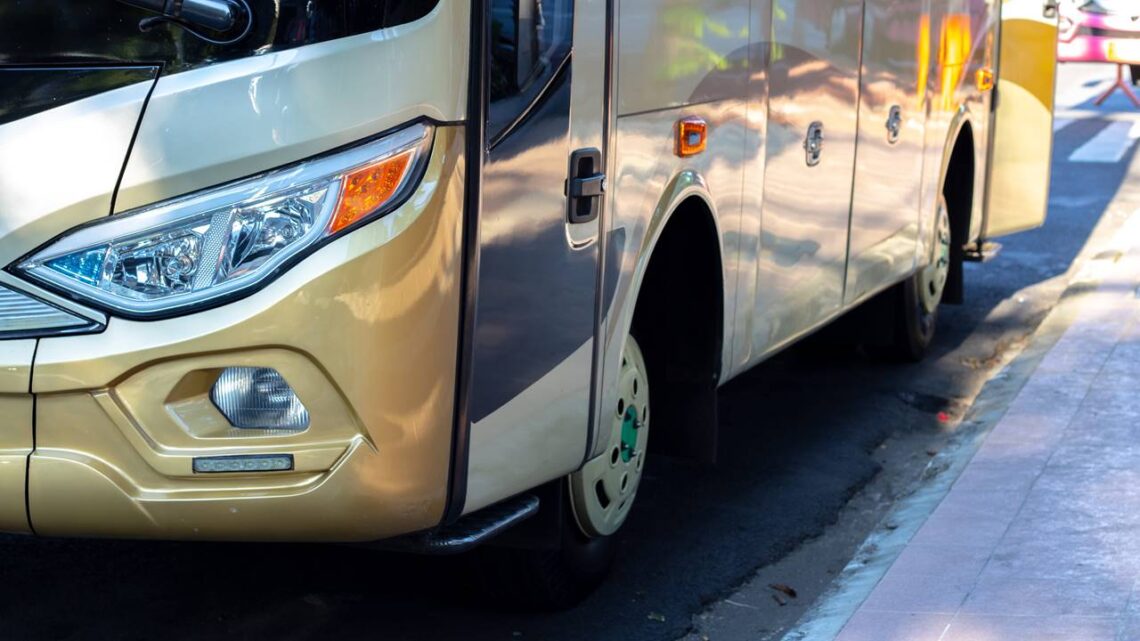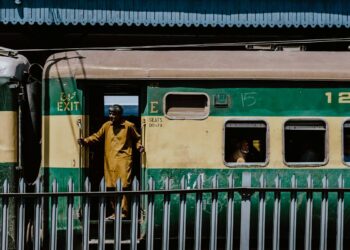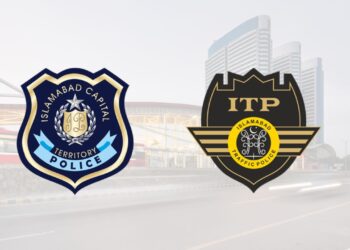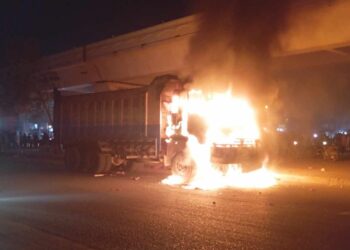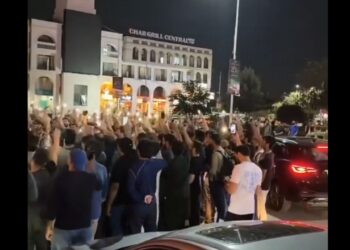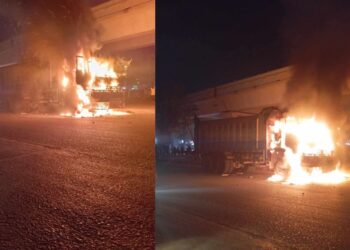The Sindh government plans to introduce 180 solar-powered electric buses on the feeder routes of the Bus Rapid Transit Service in Karachi. This initiative aims to enhance public transportation efficiency and eliminate operational subsidies. In a meeting with an Asian Development Bank (ADB) delegation, Sindh Caretaker Chief Minister Maqbool Baqar discussed the transformative impact of electric buses on cleaner and more efficient public transportation in Karachi. The project aligns with the government’s focus on climate change, resilience, and carbon credits, with the operational business plan set to commence in December 2023.
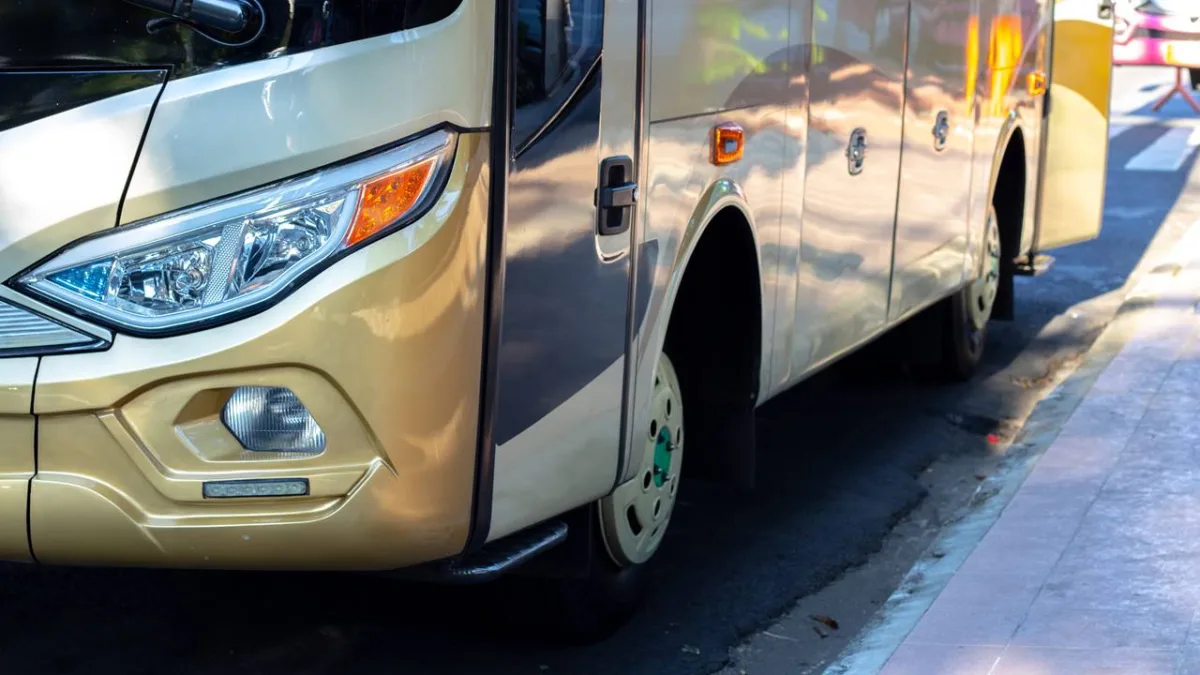
The Chairman of the Planning and Development Board, Shakil Mangejo, informed the ADB about the implementation of Green and Orange Lines of BRTS in Karachi, catering to an estimated 50,000 daily passengers. Feeder route buses will be integrated into existing and future lines, contributing to the long-term sustainability of the system. The project, involving 170 to 180 electric buses on the Green and Orange Line routes, receives support from the ADB.
Additionally, Chief Minister Baqar discussed the West Karachi Recycled Water Project, addressing Karachi’s water scarcity issues. With a population of over 20 million, the city requires 1,100mgd of water but only receives 550mgd. The ADB is involved in an unsolicited proposal for a treatment plant at Haroonabad near Sindh Industrial Trade Estate, aiming to supply 40-50mgd of water to industries facing shortages.
The MD of the Public Private Partnership Unit, Asad Zaim, mentioned that the water project costs around $180 million, with the prequalification process completed and four bidders in the request for proposal (RFP) stage. The ADB expert team collaborates with the provincial government on project documentation. Overall, these initiatives signify the government’s commitment to sustainable and innovative solutions for transportation and water supply challenges in Karachi.
